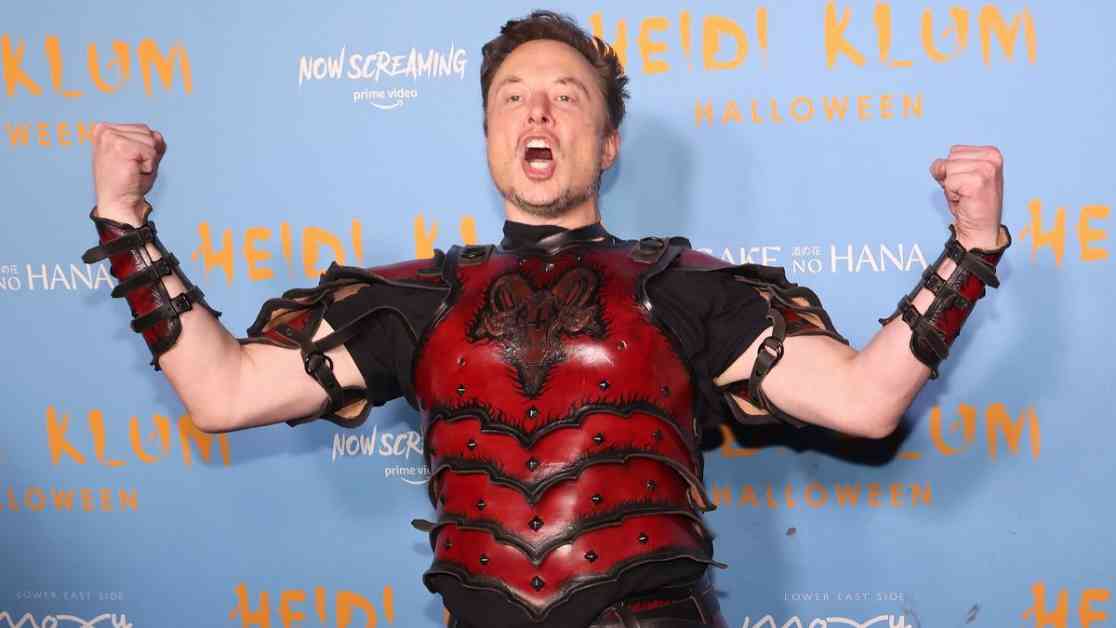Billionaire Elon Musk recently made some bold claims about his company Neuralink’s brain chip technology. Musk stated that humans with the Neuralink chip installed would be able to outperform professional gamers within the next two years. He also discussed the need to increase the “data rate” of humans to prevent AI from becoming “bored” and to enhance the connection between humans and computers.
While Musk’s vision for the future of technology is ambitious, some of his ideas may sound far-fetched to the average person. For example, Musk mentioned the possibility of uploading memories to prevent memory loss, which could have significant implications for the human experience. He also suggested that within the next 10-15 years, humans could become “futuristic cyborgs” with enhanced capabilities.
In addition to gaming, Neuralink has significant medical potential, particularly in treating conditions related to damaged neurons. Musk highlighted the company’s focus on addressing neuron damage in patients with spinal cord or brain injuries, as well as developing technology to help blind individuals regain their vision by stimulating neurons in the visual cortex.
Furthermore, Musk speculated that Neuralink’s technology could potentially be used to enhance human abilities beyond normal levels, giving people “superpowers.” While the risks associated with this technology are still being evaluated, Musk envisions a future where Neuralink could revolutionize communication and human capabilities.
Aside from Neuralink, Musk is involved in various other technological ventures, including AI development, space exploration with SpaceX, satellite internet with Starlink, the creation of Tesla Bots, and his ongoing interest in social media platforms. With Musk’s diverse interests and innovative projects, the future of technology is certainly shaping up to be an exciting and transformative one.




















